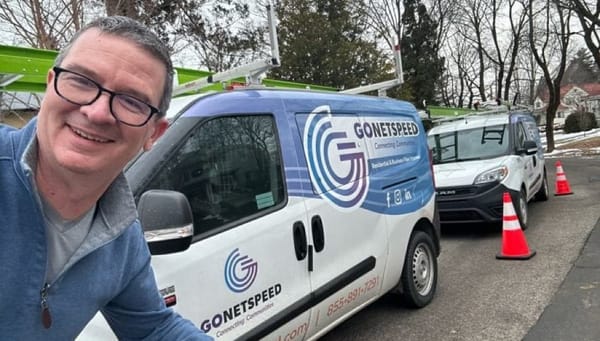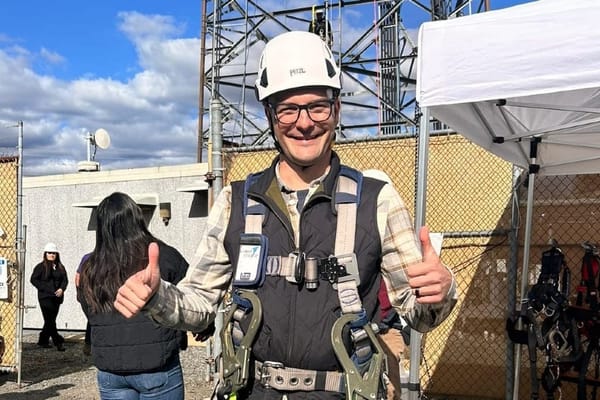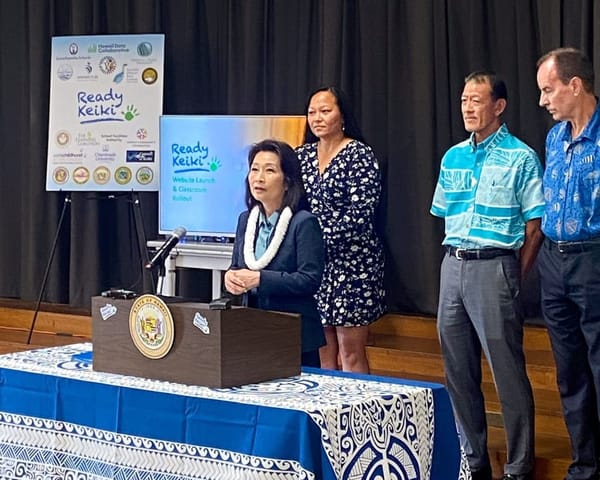Smart Grid’s Future Relies on Consumer Acceptance, Environmental Benefits
WASHINGTON, July 22, 2010 – At BroadbandBreakfast.com’s breakfast club this week, experts in the smart grid field said issues such as consumer adoption, environmental benefits and privacy concerns would decide the future of grid development.
WASHINGTON, July 22, 2010 – At BroadbandBreakfast.com’s breakfast club this week, experts in the smart grid field said issues such as consumer adoption, environmental benefits and privacy concerns would decide the future of grid development.
In Nick Sinai’s keynote speech, he stressed the importance that broadband will play in creating a smart, strong and secure electrical grid system. Sinai, who is the energy and environment director of the Federal Communications Commission’s Omnibus Broadband Initiative, said both the United States’ economic prosperity and its environmental health depend upon better management of electricity use.
The nation needs broadband to manage the grid, he said. Currently, identifying problems with electricity depends upon customers calling their utility providers, according to Sinai. However, sensors operating through broadband could immediately alert utilities to electrical outages and allow the problems to be fixed quickly.
The environmental benefit of developing the grid to be 5 percent more efficient than it is now would be equivalent to taking 50 million cars off the road.
Sinai said it is essential to reach the consumers with this new technology, adding that, “The most profound impact is through smarter homes and buildings,” which he said were more personal. Smart electricity-monitoring meters that people can see and manage through broadband are likely to have a bigger impact on them than just electricity conservation education.
Cynthia Brumfield, director of research at the Utilities Telecom Council, moderated the event and asked the panelists to identify positive and negative influences for smart grid development.
Larry Plumb, executive director of emerging issues and technology policy at Verizon Communications said the complexity of smart grid technologies is both good and troublesome. While it may be difficult for consumers to grasp the technicality of smart grid, the complexity and issues associated with the grid will spur innovation and new smart grid products.
According to Joseph Anderson, consumer adoption is one of the most important issues facing smart grid development. Anderson, who is an energy and environment consultant with the Telecommunications Industry Association, said that smart grid issues touch everyone in the country because almost everyone uses electricity and broadband. He also cited the thousands of jobs that smart grid development can create.
Brett Kilbourne, director of regulatory services and associate counsel of the Utilities Telecom Council, also advocated greater efforts to make consumers feel more empowered when it comes to smart grid. He added that utilities are increasingly embracing smart grid as the demand for electricity goes up and it becomes more difficult to generate more energy. He said, “We need to address the nuts and bolts of smart grid issues before looking at the policy.”
The utility representative on the panel, Bob Hance, said that most people are offended by the idea that there is not already an existing functional smart grid system. As the president and CEO of Midwest Energy Cooperative, he cited privacy concerns that some consumers have in regard to the smart grid. He said that people do not want the utilities or anyone else to know what they are doing in their home, even when and how much electricity they use. Hance said consumer involvement is essential, and that while customers may use their mobile phones to program their DVRs, they are more hesitant to control their home energy use from a remote location.






